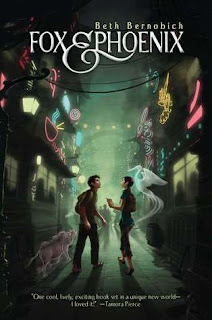Lately, every time I pick up a YA book I get about 20-30 pages and then I bail.
I just feel like nothing’s grabbing me. It’s frustrating to be honest. I love YA, it’s my favorite age group to read for, and yet lately reading it kind of feels like banging my head against a dresser.
I can’t take another love triangle. I can’t take more insta-love. I can’t take more angst. And I really absolutely cannot take more descriptions of eyes AS GREEN AS THE FOREST or BLUE AND DEEP AS THE SEA, let alone hear about THE WAY HE SMELLS. In fact, at this very moment, I feel like I can’t take teenagers anymore period! They’re whiney. They’re rash. They always make stupid decisions, take way too long to figure stuff out, and find all sorts of ways to annoy me. Am I saying I’m done with YA? Certainly not! But I am going to take a bit of a break for a bit. Lately, it seems like every book I’m actually attracted to is either adult or middle grade. I think this is a sign. A sign to ease up, enjoy what I feel like, and don’t force the books that aren’t working for me at the moment. The next time I pick up a YA book I don’t want to feel like this:
I want to feel like this!
This is kind of a new thing for me, since I’ve been reading significantly more in the past six months or so than I ever have before. I’ve had series burn out, author burn out, and genre burn out, but I’ve never been so completely sick of a whole field of books. I know everyone gets in reading slumps, but I don’t feel like I’m in a reading slump, I’m just in a YA slump.
For you, this means that reviews on my blog may be skewing to adult and middle grade a bit more than usual. I still have some YA reviews scheduled ahead, so it won’t be abandoned entirely, and you might not notice a difference at all!
Do any of you ever have these feelings about YA or another group of books? Any tips or tricks for getting over it? My plan is to just steer clear for few books, or until something grabs me.
What’s the most amazeballs YA read that might pick me up? I’d love to hear suggestions. Here’s a list of ARCs I have sitting around, and here are books I own but haven’t read.



















